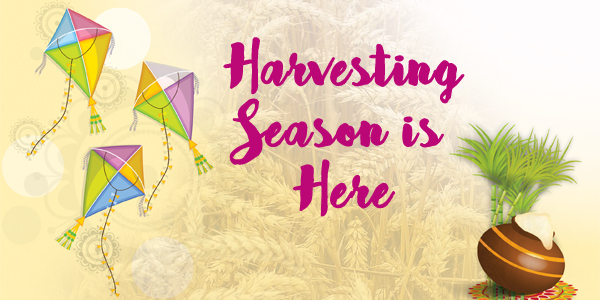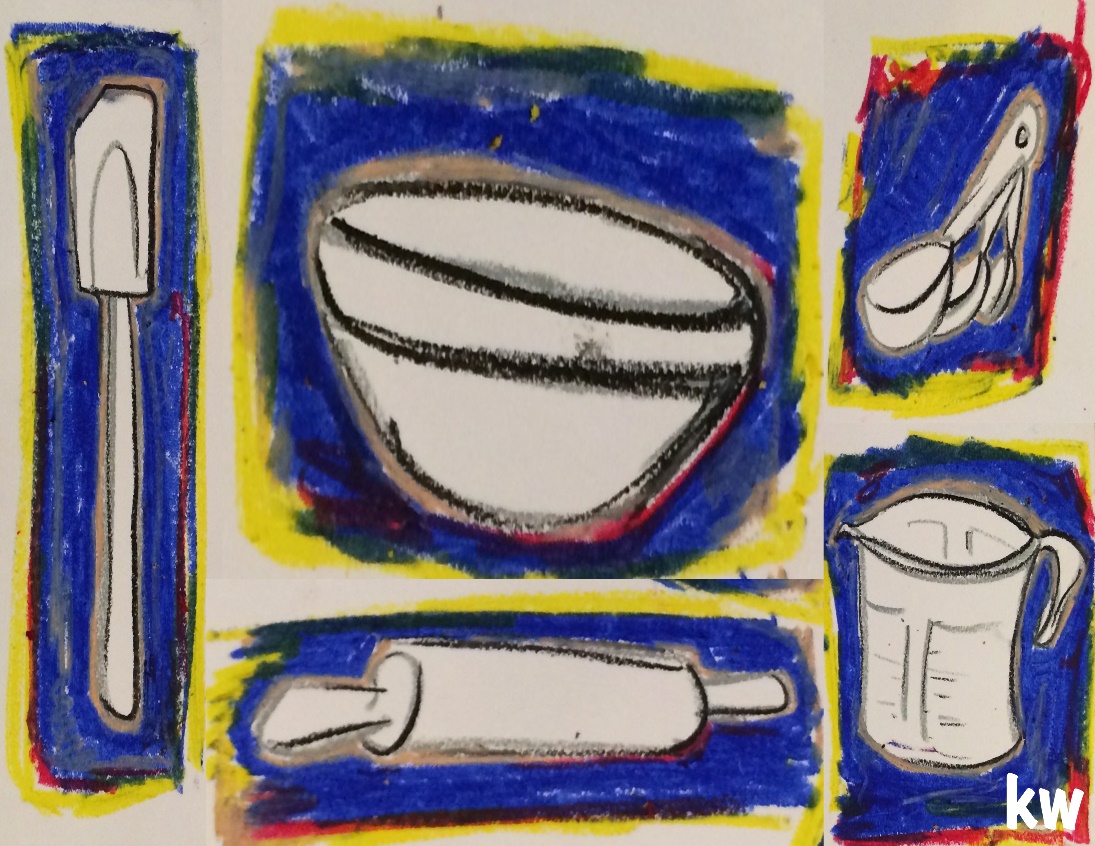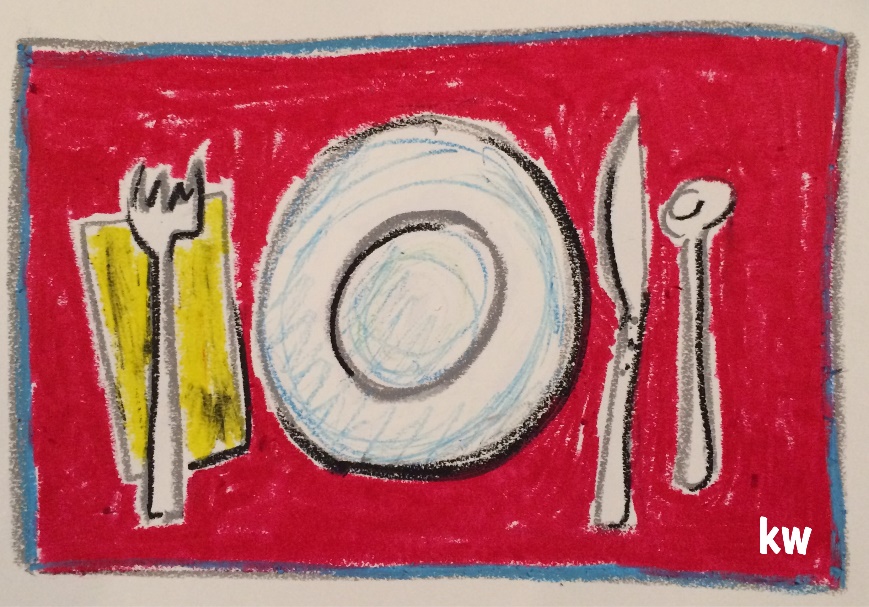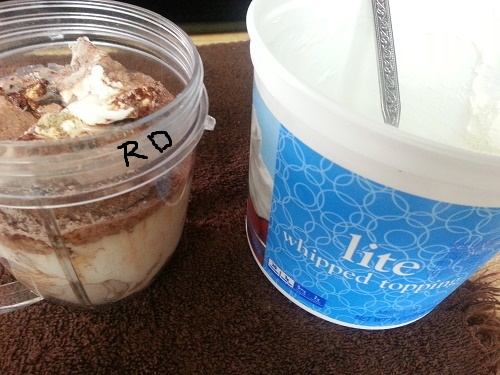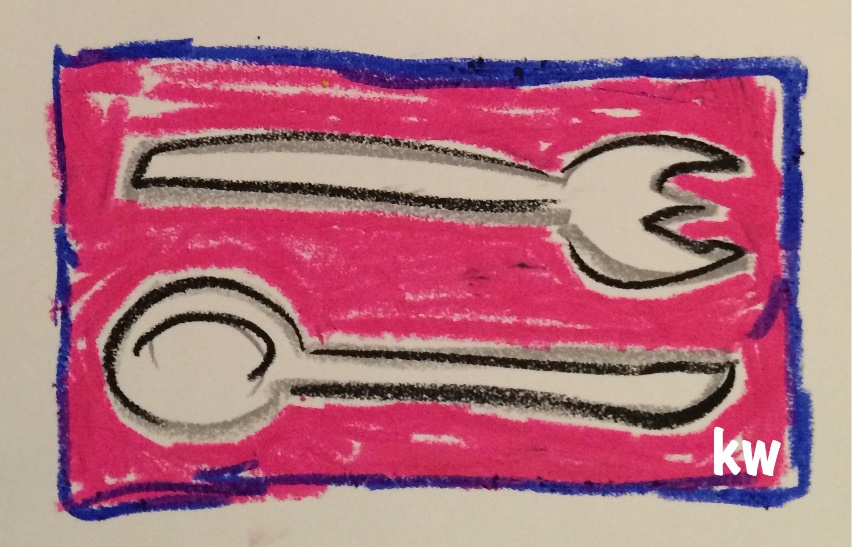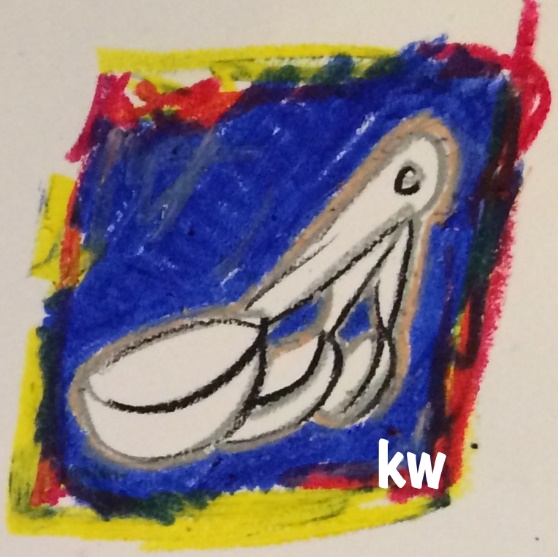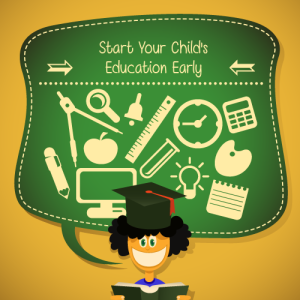The Diverse Harvest Festivals in India – a closer look
With the harvest festivals like Makar Sankranti, Bihu, Lohri and Pongal right around the corner, we are all excited to see what this harvest season has in store for us. We were taught that these harvest festivals are one of the most fun-filled but equally important festivals for the farmers across India.
Therefore, it is our duty to educate our kids about these harvest festivals and their significance in India. This will be a fun-filled opportunity for them to see how these festivals are celebrated and why they are important.
Here are some ways that people celebrate these harvest festivals across India:
Pongal O Pongal!
Pongal is one of the most celebrated festivals in the state of Tamil Nadu. It is a 4 day long festival during the season when rice, turmeric, sugar-cane and other cereals are harvested. Typically, the celebrations consists of boiling rice in an earthen pot and making a sweet dish out of it, in the process allowing the rice to boil out of the pot while the people shout ‘Pongal O Pongal’.
The word Pongal means ‘to boil’ in Tamil. The first day is celebrated as Bhogi where useless house articles are thrown in the pyre and burnt.
The second day is when the rice is boiled in a pot outside of the house accompanied by sugarcane and other sweets for consumption. [Read more…]
